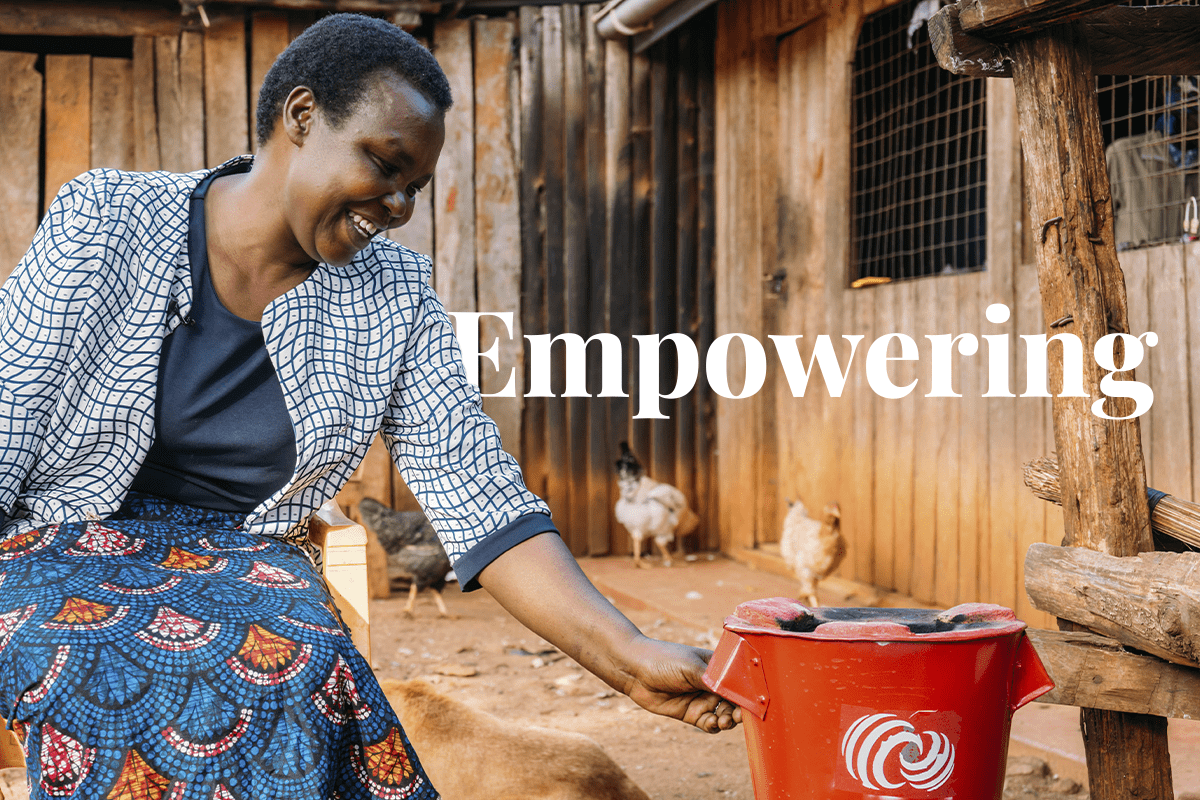Environmental NGO Re:wild has introduced the Kawari Fund, a new initiative to promote the inclusive involvement of Indigenous peoples and local communities in the voluntary carbon market. The fund, unveiled on 28 April at the UN Permanent Forum on Indigenous Issues, seeks to address concerns regarding social integrity, fair representation, and informed participation of Indigenous peoples and local communities (IPLCs) in carbon negotiations, particularly in jurisdictional initiatives at national or subnational levels.
 Woman with energy-efficient cookstove - Hongera Energy Efficient Cookstoves Project, Kenya, DGB.
Woman with energy-efficient cookstove - Hongera Energy Efficient Cookstoves Project, Kenya, DGB.
Re:wild, based in the United States, emphasised that the Kawari Fund will serve as a reliable source of financial support for IPLCs within the carbon space. Its primary objective is to strengthen IPLCs' role and bargaining power in carbon markets, ensuring they equitably benefit from engaging in carbon trading schemes.
Additionally, the fund aims to assist non-governmental organisations and governments in achieving emissions reductions with high integrity. Re:wild highlighted that the growing demand for nature-based carbon credits often leads to insufficient consultation with IPLCs, resulting in hasty decision-making and unfair distribution of benefits, which have long-term negative implications for their communities.
Read more: Deforestation in the Amazon Rainforest: causes, effects, solutions
The Kawari Fund seeks to transform climate financing mechanisms, such as REDD+ (Reducing Emissions from Deforestation and Forest Degradation), which has faced criticism in the past months. Some key initial contributors to the Kawari Fund include the US-based Packard Foundation through the Climate and Land Use Alliance and the Hewlett Foundation.
Activities supported by the fund include facilitating IPLCs' effective participation in national policy processes related to emissions reductions; organising workshops, travel, and training to enhance IPLCs' negotiating skills; engaging IPLCs in stakeholder consultations and meetings concerning emissions reductions initiatives; employing consultants to assist governments lacking equitable engagement capacities with IPLCs; and capacity building for NGOs to foster a fair facilitation process.
Involving local communities as active participants in the projects developed by DGB Group is a crucial component of their success. We recognise their unique role in a project’s ecosystem and that only with their understanding and support can a project succeed in the long run. There are many stakeholders involved in every project, from local communities to governments, and DGB works to involve and collaborate with all of them and foster benefits for each of them.
Contact our experts to learn how you can contribute too



